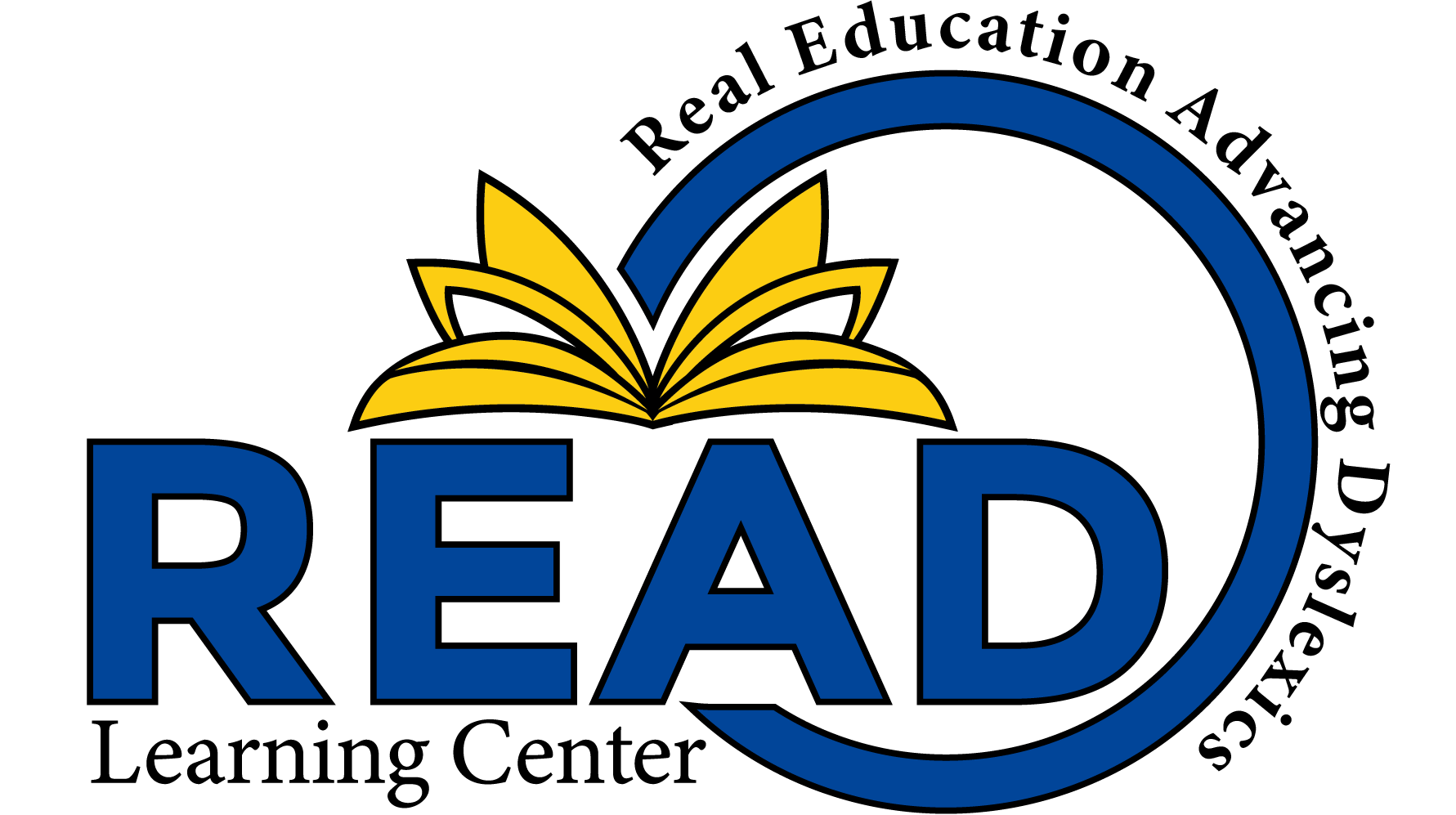Dyslexia is a common learning difference that affects an individual’s ability to read, write, and spell fluently. It is characterized by difficulty with phonological processing (manipulating the sounds of language) and impacts millions of people worldwide. Despite its prevalence, misconceptions about dyslexia abound, including the harmful notion that a person will eventually “outgrow” it. In this blog post, we’ll delve into the reasons why this misconception exists and clarify the lifelong nature of dyslexia.
Table of Contents
The Roots of the Misconception
So why do so many people believe that dyslexia is just a childhood bump in the road? There are a few key reasons:
- Compensatory Strategies: People with dyslexia are remarkably creative and resilient. With support, they learn to develop compensatory strategies that help them cope with reading and writing challenges. These strategies might include using audiobooks, relying on spellcheckers, or finding alternative ways to learn. To the casual observer, these adaptations may give the illusion that the person’s dyslexia has simply vanished, while in reality, they continue to process language differently.
- Masking Success: Many individuals with dyslexia work exceptionally hard to achieve academic or professional success. Their accomplishments may lead people to believe that their learning differences must be a thing of the past. However, the dyslexic brain still processes information uniquely, even when someone becomes a skilled reader.
- Misunderstanding Dyslexia: Dyslexia is a spectrum disorder, meaning that individuals experience it at varying levels of severity. Someone who struggles with mild dyslexia might appear to “get better” as they age and receive support. However, this is not the same as outgrowing the condition. While their reading may improve, the underlying neurological differences persist.
The Neurological Basis of Dyslexia
Dyslexia is deeply rooted in the way a person’s brain is wired. Research has shown that individuals with dyslexia have differences in the brain regions responsible for language processing. These structural and functional differences are not simply developmental delays. They are a permanent part of the dyslexic brain. Just like someone can’t outgrow being left-handed, they can’t outgrow dyslexia.
The Importance of Early Intervention
While dyslexia is lifelong, we believe early intervention is crucial in mitigating its negative impact on a person’s development. With appropriate support from educators, tutors, and specialists, children with dyslexia can learn effective reading, writing, and spelling strategies. These skills allow them to reach their full potential in school and beyond.
The idea that dyslexia can be outgrown can discourage parents and students from seeking the diagnosis and support that could be transformational. Early diagnosis empowers both children and adults to understand their learning differences and develop self-advocacy skills.
Dyslexia in Adults
What happens when people with dyslexia grow up with inadequate support or even without a diagnosis? They may still learn to compensate and hide their difficulties. However undiagnosed dyslexia in adults can take a significant toll on their confidence, mental well-being, and career path. They might feel ashamed, avoid tasks that require reading and writing, or miss out on job opportunities.
A Note on Dyslexia and Intelligence
Dyslexia has absolutely no connection to intelligence. Some of the most brilliant minds in history were dyslexic. This misconception adds to the stigma and can prevent people from realizing they may be dyslexic, depriving them of important support.
The Strengths of the Dyslexic Mind
While dyslexia poses unique challenges, it is important to celebrate the strengths associated with the dyslexic mind. Many dyslexic individuals are highly creative problem-solvers with excellent spatial reasoning, big-picture thinking skills, and an entrepreneurial mindset. Understanding these strengths is as important as understanding the challenges.
Overcoming the Misconception
Busting the myth that dyslexia can be outgrown is crucial for these reasons:
- Reduced Stigma: It helps people understand that dyslexia is not a character flaw or a sign of laziness.
- Increased Access to Support: It motivates individuals to seek a diagnosis and the right interventions at any age.
- Fostering a Growth Mindset: It emphasizes that with hard work and proper support, people with dyslexia can achieve great things.
By raising awareness about this and other common dyslexia myths, we can create a world where dyslexia is understood, accommodated, and embraced as a unique and valuable way of thinking.
To learn more about how to help your child who may have dyslexia, contact Read Learning Center.


I am glad that I found this web blog, just the right info that I was searching for! .